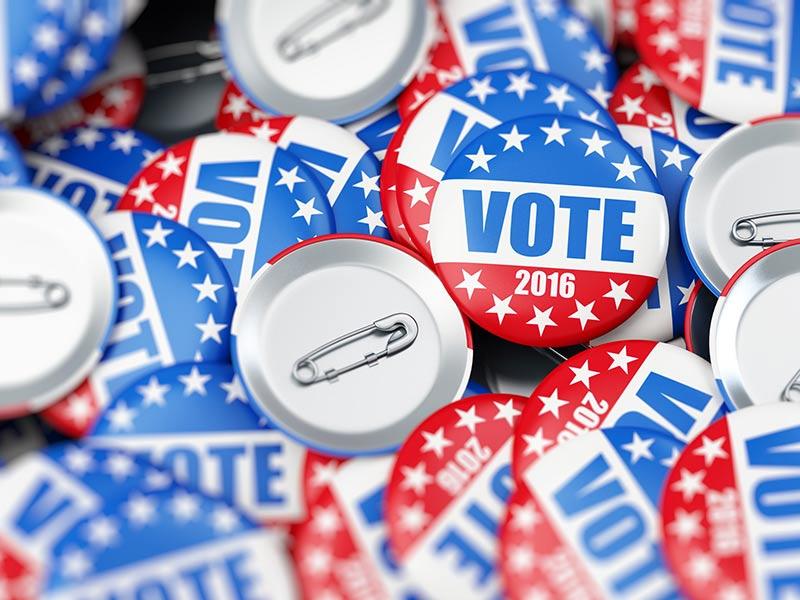Election 2016: Is this presidential campaign the nastiest one yet?
The 2016 presidential campaign is being labeled one of the most vitriolic races in history. While negative campaigning isn’t new, Aidan Smith, administrative assistant professor in the Newcomb College Institute and expert on modern presidential campaigns, said this election season is particularly nasty.
“There have been moments in the last 50 or 60 years where there has certainly been negative discourse,” said Smith in reference to the 1988 George H.W. Bush campaign, which ran an ad claiming that Michael Dukakis released murderers through his furlough program. “Personal, negative attacks are not new. But I don’t think we’ve seen the level of vitriol directed at not only the candidate, but also their record like we have in this election.”
Smith’s expertise focuses on elections starting in 1952 — when television really became ubiquitous in American homes. She believes the changing media landscape is largely responsible for how campaigns get their messages across as well as how messages are perceived by viewers.
In an age of instant news and social media, candidates have to strike hard and strike fast. Smith examples the 1960s debates between John F. Kennedy and Richard Nixon. Each candidate had eight minutes for an opening statement. In 2016, candidates had two minutes.
“Both candidates have to punch hard to get what they want to say across,” said Smith. “That limits the amount of discourse and thoughtful analysis that can happen.”
For voters, however, Smith said negative campaigning serves a purpose in educating the electorate because negative ads are often based on facts.
“When you say ‘Hillary Clinton deleted 33,000 emails,’ or ‘Donald Trump declared bankruptcy four times,’ there’s usually evidence to back that up,” said Smith.
Positive ads usually rely on the ‘I’m a great person vote for me’ tactic, which is pleasant, but less informative.


